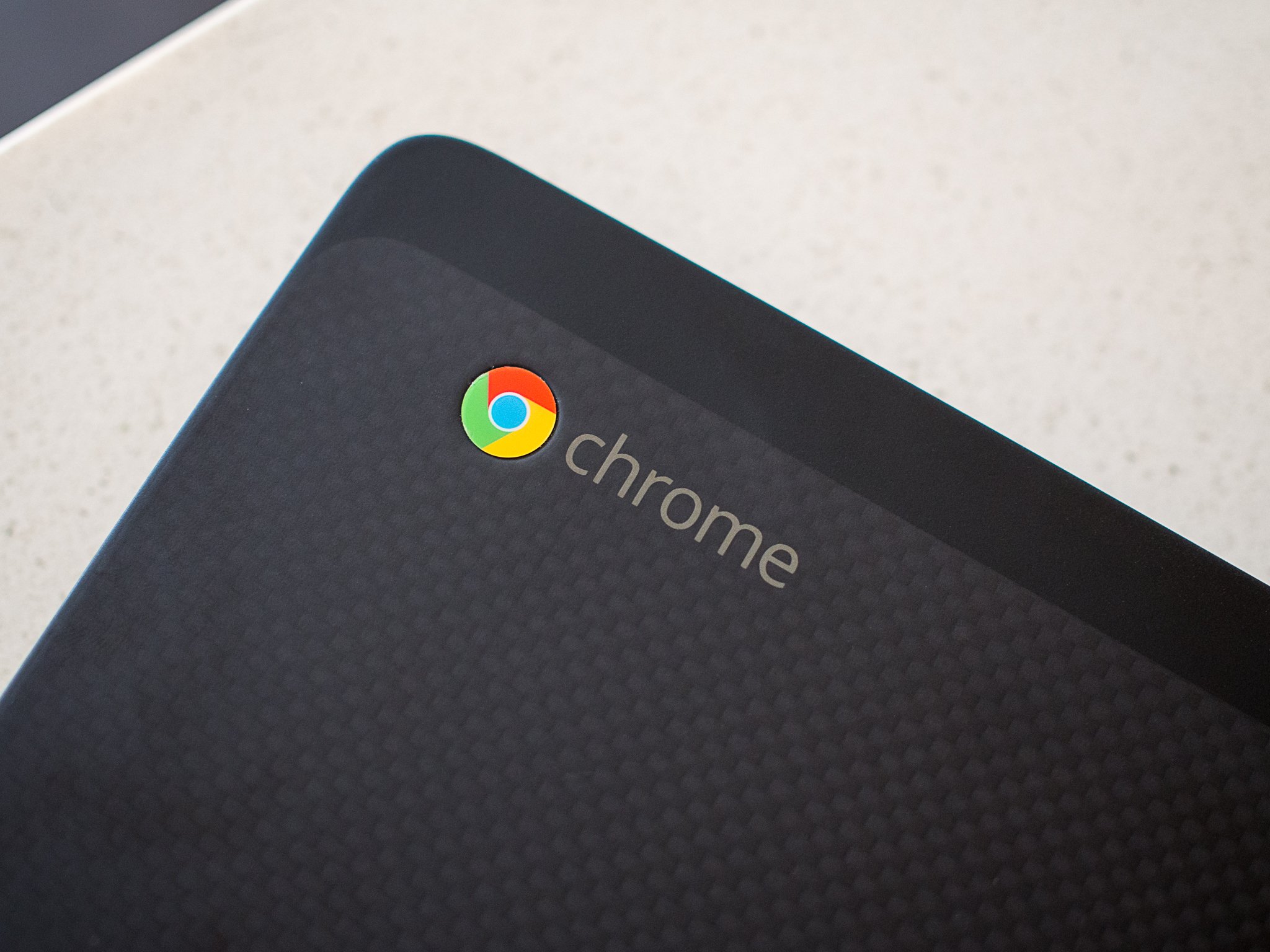Cameyo Rapid Recovery will keep you connected to Windows apps without Windows
A new service from Cameyo will let organizations migrate employees to a cloud-based desktop following an attack or emergency.

All the latest news, reviews, and guides for Windows and Xbox diehards.
You are now subscribed
Your newsletter sign-up was successful
What you need to know
- Cameyo just announced a new service that allows companies to switch devices to a cloud desktop environment in case an on-premises environment is attacked.
- The service, called Cameyo Rapid Recovery, runs in Google Cloud.
- Cameyo also has a service that allows users to run desktop Windows applications on Chromebooks and through the web.
Cameyo just announced a new service that allows organizations to quickly switch to a cloud-based desktop environment in case of an attack. Cameyo Rapid Recovery can be used by an organization to continue operating after a ransomware attack or other emergency. The service is available for $300 per organization. At the moment, the first four months of Cameyo Rapid Recovery are available for free.
Cameyo has a Virtual App Delivery service that allows users to run Windows applications through the web or on a Chromebook. In addition to providing the flexibility of running Windows apps on non-Windows devices, Cameyo claims that its service is a more secure way to run those applications.
Windows systems are often a target of ransomware and other attacks. Nordic Choice Hotels recently swapped 2,000 PCs to Chrome OS following a ransomware attack. Organizations concerned about similar emergencies may look to Chrome OS as an alternative to Windows.
Cameyo Rapid Recovery brings together the company's Virtual App Delivery service and Google Cloud. The idea behind the service is that an organization could maintain access to business-critical applications through the cloud. If an attack disrupted an on-premises environment, a company could quickly migrate employees to a pre-configured environment based in Google Cloud.
If an organization is looking to transition from Windows PCs to Chromebooks, it may be able to do so without purchasing new hardware. Google recently announced Chrome OS Flex, which transforms PCs or Macs into Chromebooks.
Cameyo points out that companies may be able to repurpose compromised Windows and Mac devices as Chromebooks. If an organization did this, it could then run Windows apps through the cloud on a device that was once a PC but was converted to a Chromebook.
All the latest news, reviews, and guides for Windows and Xbox diehards.

Sean Endicott is a news writer and apps editor for Windows Central with 11+ years of experience. A Nottingham Trent journalism graduate, Sean has covered the industry’s arc from the Lumia era to the launch of Windows 11 and generative AI. Having started at Thrifter, he uses his expertise in price tracking to help readers find genuine hardware value.
Beyond tech news, Sean is a UK sports media pioneer. In 2017, he became one of the first to stream via smartphone and is an expert in AP Capture systems. A tech-forward coach, he was named 2024 BAFA Youth Coach of the Year. He is focused on using technology—from AI to Clipchamp—to gain a practical edge.
